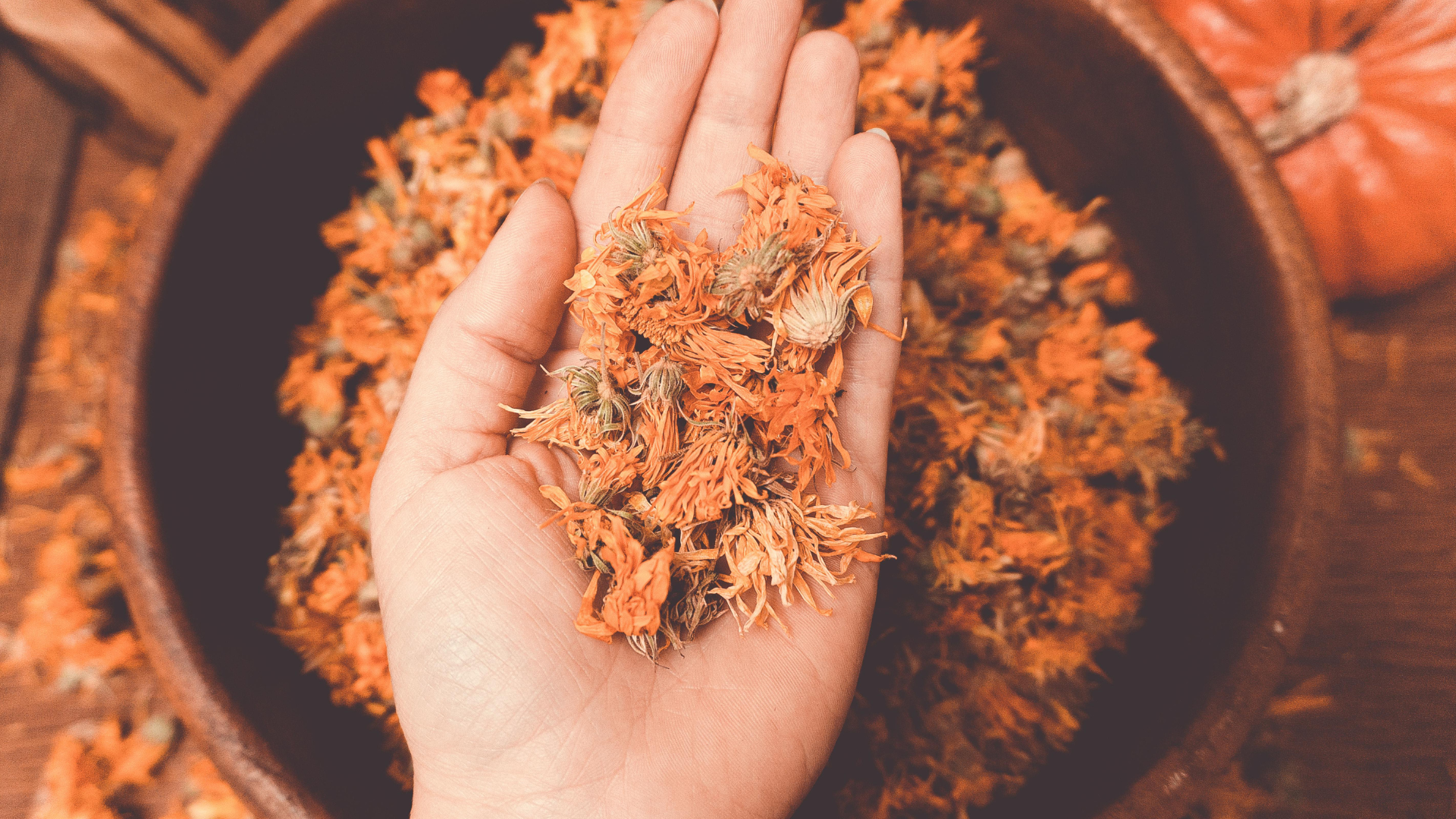Ayurvedic Tips for Healthy Teeth and Gums
Feb 25, 2025
Ayurvedic Tips for Healthy Teeth and Gums
Oral health is essential to overall well-being, and Ayurveda offers a holistic approach to maintaining healthy teeth and gums. In Ayurveda, the mouth is a mirror of internal health, and keeping it clean and balanced is considered crucial for digestion, immunity, and vitality. Ayurvedic oral care practices emphasize prevention, using natural remedies and techniques that support the health of the entire body, not just the mouth.
In this blog, we’ll explore Ayurvedic tips and practices to help you maintain strong teeth, healthy gums, and fresh breath naturally.
1. Begin Your Day with Oil Pulling (Gandusha)
One of the most well-known Ayurvedic oral care practices is oil pulling, also known as Gandusha. This ancient technique involves swishing oil in your mouth to remove toxins, improve oral hygiene, and promote gum health.
How to Practice Oil Pulling:
-
First thing in the morning, on an empty stomach, take about 1 tablespoon of oil (sesame oil or coconut oil is commonly used).
-
Swish the oil around your mouth for 10-15 minutes, making sure it reaches all parts of your mouth, including between your teeth.
-
Spit out the oil (do not swallow it as it contains toxins) and rinse your mouth with warm water.
-
Brush your teeth afterward to remove any remaining oil.
Benefits: Oil pulling helps reduce plaque, prevent bad breath, strengthen gums, and remove harmful bacteria from the mouth.
2. Use a Tongue Scraper (Jihwa Prakshalana)
Tongue scraping is another important Ayurvedic oral care practice. It helps remove Ama (toxins) that accumulate on the tongue overnight, which can lead to bad breath, bacteria buildup, and poor digestion.
How to Use a Tongue Scraper:
-
Use a stainless steel or copper tongue scraper, which is widely available.
-
After brushing your teeth in the morning, gently scrape your tongue from the back to the front, repeating 7-10 times.
-
Rinse your mouth with water afterward.
Benefits: Tongue scraping improves oral hygiene, enhances taste, and stimulates the digestive system by removing toxins and bacteria from the mouth.
3. Brush with Herbal Toothpowders or Natural Toothpaste
In Ayurveda, certain herbs and natural ingredients are recommended for brushing to support healthy teeth and gums. Traditional Ayurvedic toothpowders or natural toothpaste made with herbs like neem, clove, licorice, and triphala help cleanse the mouth, strengthen teeth, and prevent gum disease.
Herbs for Oral Health:
-
Neem: Known for its antibacterial and anti-inflammatory properties, neem helps prevent cavities, fight gum disease, and reduce plaque buildup.
-
Clove: Clove has powerful antiseptic and analgesic properties. It can relieve toothaches, reduce gum inflammation, and fight bacteria.
-
Licorice: Licorice root has soothing properties that help prevent cavities and strengthen teeth.
-
Triphala: Triphala is a blend of three fruits that support oral health by promoting healthy gums and preventing dental problems.
How to Use: Apply a small amount of herbal toothpowder or natural toothpaste to your toothbrush and brush your teeth as usual. Be gentle on your gums and teeth to avoid irritation.
4. Massage Your Gums (Gum Stimulation)
In Ayurveda, gum massage is an effective way to stimulate circulation, strengthen gum tissue, and prevent gum disease. Regularly massaging the gums with herbal oils can help reduce inflammation, soothe soreness, and prevent receding gums.
How to Massage Your Gums:
-
Choose a soothing oil like sesame oil, coconut oil, or clove oil.
-
After brushing your teeth, take a small amount of oil and gently massage it into your gums using your fingers.
-
Use small, circular motions to work the oil into the gums for a few minutes.
-
Rinse your mouth with warm water afterward.
Benefits: Gum massage helps prevent gingivitis, strengthens gum tissue, improves blood circulation, and reduces inflammation.
5. Rinse with Herbal Mouthwash
Ayurvedic mouth rinses made with natural herbs and ingredients can help reduce bacteria, soothe gum inflammation, and freshen breath without the harsh chemicals found in commercial mouthwashes. You can make your own Ayurvedic mouthwash with ingredients like neem, fennel seeds, coriander seeds, and clove.
DIY Ayurvedic Mouthwash Recipe:
-
Boil 1 teaspoon each of fennel seeds, coriander seeds, and neem leaves in 2 cups of water for 10 minutes.
-
Strain the mixture and let it cool.
-
Use this herbal water as a mouth rinse after meals or brushing your teeth.
Benefits: Herbal mouthwash helps prevent cavities, reduces gum inflammation, and keeps your breath fresh naturally.
6. Chew Fennel Seeds or Cardamom for Fresh Breath
Instead of relying on sugary mints or artificial breath fresheners, Ayurveda recommends chewing on natural spices like fennel seeds or cardamom to freshen your breath and improve digestion. These spices also have antibacterial properties that help keep your mouth clean and prevent bad breath.
How to Use:
-
After meals, chew a small handful of fennel seeds or a cardamom pod for a refreshing taste and breath.
Benefits: Fennel and cardamom help neutralize mouth odors, stimulate digestion, and promote oral health by killing bacteria.
7. Drink Warm Water with Turmeric for Oral Inflammation
Turmeric, a powerful anti-inflammatory and antibacterial herb, is highly beneficial for oral health. Drinking warm water with a pinch of turmeric can help reduce oral inflammation, soothe gum pain, and prevent bacterial infections.
How to Use:
-
Add a pinch of turmeric powder to a glass of warm water.
-
Stir well and drink it once a day to support gum health and reduce inflammation.
Benefits: Turmeric helps prevent gum infections, reduces oral inflammation, and supports overall oral health.
8. Maintain Good Digestion for Healthy Teeth and Gums
Ayurveda teaches that poor digestion can lead to a buildup of toxins in the body, including the mouth. Maintaining healthy digestion is essential for keeping your teeth and gums strong. Eating a balanced diet that supports your Agni (digestive fire) will help reduce toxin accumulation and prevent oral health problems.
Digestive Tips for Oral Health:
-
Eat seasonal, fresh foods: Include plenty of fruits, vegetables, and whole grains in your diet.
-
Avoid excessive sugar: Sugary foods can lead to cavities and weaken the enamel of your teeth.
-
Stay hydrated: Drinking plenty of water helps maintain saliva production, which is essential for keeping the mouth clean and bacteria-free.
9. Address Your Dosha for Better Oral Health
In Ayurveda, oral health issues can also be linked to imbalances in your dosha. By balancing your dosha, you can promote healthy teeth and gums.
-
Vata Imbalance: Often leads to dry mouth, receding gums, and brittle teeth. Focus on hydrating and nourishing the body with warm, moist foods and herbal teas.
-
Pitta Imbalance: Can cause mouth ulcers, gum inflammation, and bleeding gums. Cooling, anti-inflammatory herbs and foods, such as aloe vera and coriander, can help balance excess heat.
-
Kapha Imbalance: May result in excess mucus, plaque buildup, and swollen gums. Stimulating herbs and spices, such as ginger and turmeric, can help keep Kapha in check.





